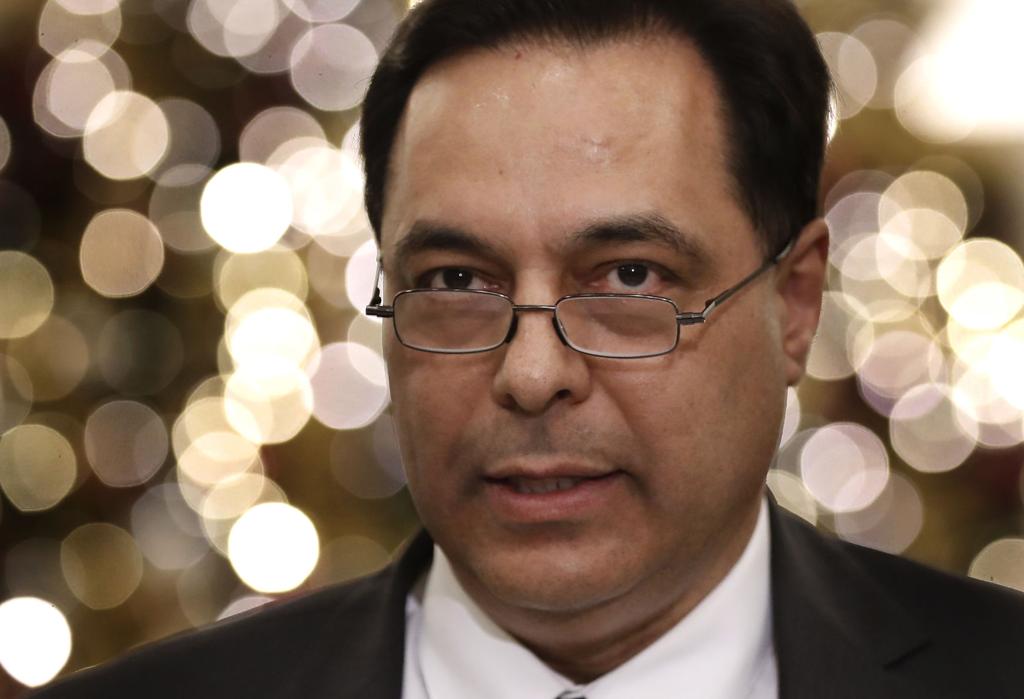Lebanon in intensive care says new PM

A few minutes every morning is all you need.
Stay up to date on the world's Headlines and Human Stories. It's fun, it's factual, it's fluff-free.
Lebanon’s newly appointed prime minister (PM), Hassan Diab, has begun consultations with parliamentary blocs on Saturday, December 21 to discuss the next steps in forming a new government. “Lebanon is in intensive care,” the 60-year-old Diab has told reporters after meeting with several political leaders on Saturday.
Plans for the country amid opposition
His meetings at parliament with Parliament Speaker Nabih Berri and former Prime Minister Saad Hariri began on Friday and Diab said that he plans to form a government of experts and independents to deal with the country’s economic crisis. “All (political) sides are in line with my (proposal) for a government of independents and experts, including Hezbollah,” he added. He plans to set up a 20-member government within four to six weeks.
Diab, a former engineering professor, has support from two major Iran-backed factions, Hezbollah and the Amal Movement, as well as Lebanon’s largest Christian political bloc, Free Patriotic Movement – which has provoked revolutionaries to protest. The Amal Movement and Hezbollah are Lebanese political parties and military wings associated with the nation’s Shia community.
Diab served as education minister for three years, from 2011 to 2014, in a cabinet made up of Hezbollah and its allies. Diab who is a Sunni seemingly does not have backing from his own community.
Change in leadership during ongoing protests
The Middle Eastern nation has not had a prime minister since the resignation of former PM Hariri on October 29 due to mass protests demanding an overhaul of the ruling class and an end to corruption.
Hariri’s Sunni supporters have reacted violently to the news of Diab’s appointment as Lebanon’s new PM. Supporters of Hariri have blocked roads with burning tires and brawled with security forces in the capital, Beirut, and in the mainly Sunni city of Tripoli in northern Lebanon for the past two days to voice their opposition to Diab.
Lebanese politicians have also voiced their opposition to Diab, citing that the new government would be supported by only one political stripe. A deputy from Hariri’s Future Movement (FM), Samir al-Jisr, has called on Diab to form a government without affiliations to established political parties. “Considering that this government, just like Diab’s nomination, will be supported by only one political stripe, then its formation should take less than a month or six weeks,” al-Jisr told reporters after attending a meeting with the new PM.
The ongoing protests have considerably weakened the economy in Lebanon. The World Bank estimates a recession of more than 0.2% to take place in Lebanon this year.
Have a tip or story? Get in touch with our reporters at tips@themilsource.com




Comments ()